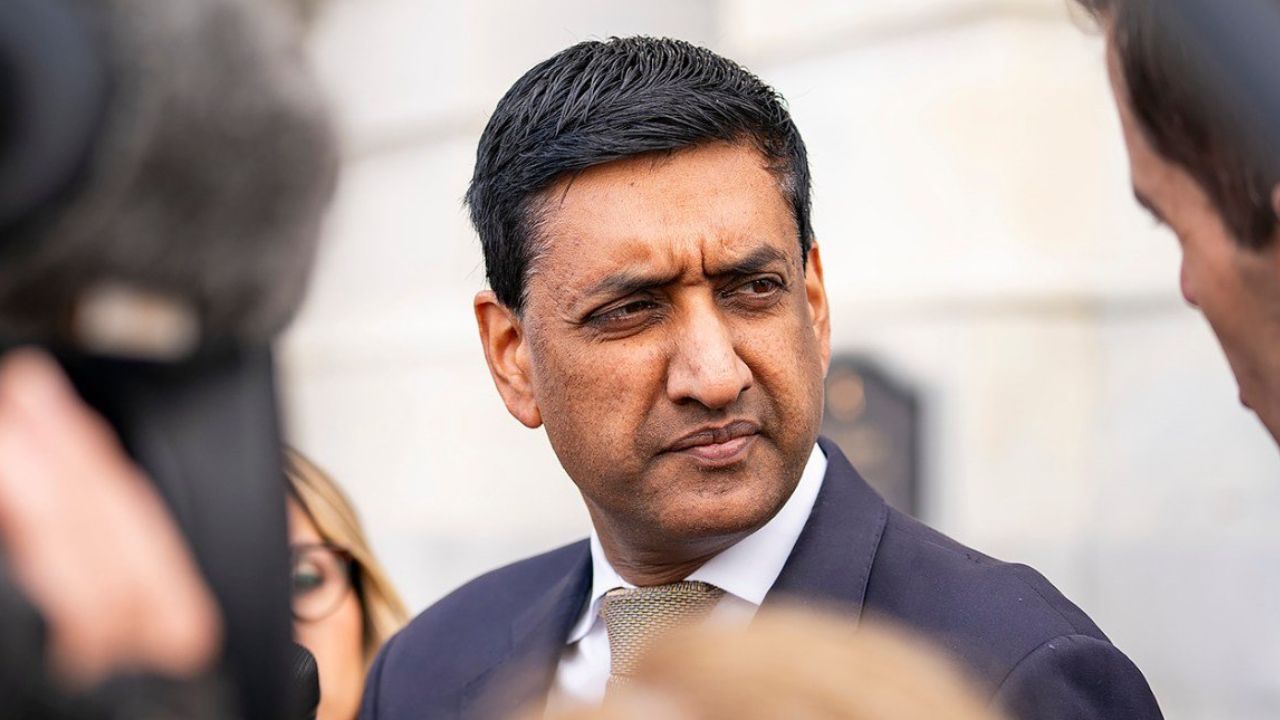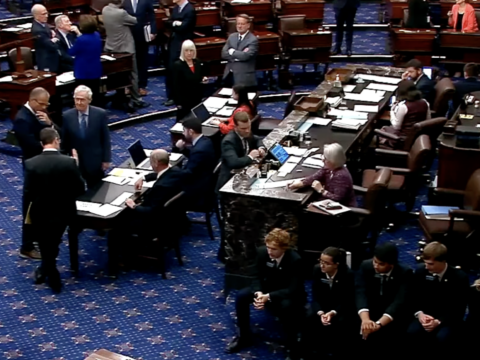WASHINGTON (Diya TV) – A prominent progressive Democrat and Biden campaign surrogate, Rep Ro Khanna, has voiced criticism over President Biden’s approach to the ongoing conflict between Israel and Hamas, labeling it a “strategic mistake” to closely align with Israeli Prime Minister Benjamin Netanyahu during the crisis.
Khanna, speaking on the One Decision podcast, accused Netanyahu of conducting a “callous war” in Gaza, despite objections from the United States. He emphasized that Biden’s perceived support for Netanyahu could have detrimental consequences.
During a discussion about Biden’s policies with Israel, Khanna relayed feedback from leaders of Michigan’s Arab American community, indicating opposition to the Biden administration’s stance. He underscored the need for a change in course, suggesting that Biden should impose clear consequences on Netanyahu if Israel fails to alter its actions.
Khanna’s remarks shed light on broader discontent within the Democratic Party regarding Biden’s handling of the Israeli conflict. He asserted that Biden’s unwavering support for Netanyahu risks alienating key segments of the party’s base, including young people, voters of color, and progressives.
The Silicon Valley Democrat emphasized Israel should not be treated as an equal to the United States, given the vast power disparity between the two nations. He criticized Netanyahu’s perceived arrogance in defying American warnings and urged Biden to reconsider providing offensive weapons to Israel amidst ongoing hostilities.
Khanna’s critique extends beyond the immediate conflict, highlighting potential electoral ramifications for Biden. He noted protest votes in Democratic primaries as a warning sign, suggesting that dissatisfaction with Biden’s policies could impact his re-election prospects, particularly among marginalized communities.
While expressing optimism that Biden may change course, Khanna stressed the importance of prioritizing a ceasefire and halting arms transfers to Israel. He urged the administration to heed the concerns of its base and adopt a more balanced approach to the Israeli-Palestinian conflict.
Khanna’s remarks underscore the complex dynamics surrounding U.S. foreign policy in the Middle East and highlight the challenges facing the Biden administration in navigating the region’s geopolitical complexities.




